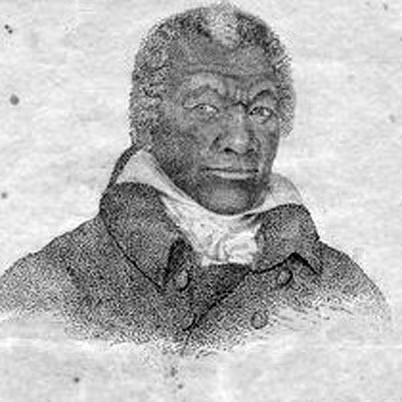
Table of Contents
Who Was James Armistead?
James Armistead, born into slavery in Virginia around 1748, became a pivotal figure during the American Revolutionary War. With the consent of his master, he enlisted under General Lafayette, where he distinguished himself as a spy. Armistead’s intelligence work was crucial to the American victory at the Battle of Yorktown, leading to the British surrender on October 19, 1781. He passed away in 1830 after successfully petitioning for his freedom in 1787.
Early Life
James Armistead was born around December 10, 1748, to William Armistead in New Kent, Virginia. In 1781, motivated by a desire to contribute to the revolutionary cause, he volunteered to join the Continental Army. His master permitted him to enlist, and Armistead was assigned to serve under the Marquis de Lafayette, the commander of the French forces allied with the Americans.
Life as a Spy
Under Lafayette’s command, Armistead was tasked with gathering intelligence on enemy movements. He cleverly posed as a runaway slave who had been hired by the British to spy on American troops. This ruse allowed him to infiltrate British General Charles Cornwallis’ headquarters, where he gathered critical information. Armistead’s ability to move undetected between British and American camps enabled him to relay vital intelligence to Lafayette, including British plans to send reinforcements to Yorktown. His reports directly contributed to preventing the British from dispatching 10,000 soldiers, significantly aiding in the American and French blockade that ultimately led to Cornwallis’s defeat at Yorktown.
Despite his significant contributions, Armistead returned to his life as a slave after the war. He was ineligible for emancipation under the 1783 Act for slave-soldiers due to his status as a slave-spy. To secure his freedom, he petitioned the Virginia legislature, receiving assistance from Lafayette, who wrote a recommendation on his behalf. Armistead was granted his freedom in 1787, after which he adopted Lafayette’s surname in gratitude.
Later Life and Death
Following his emancipation, Armistead moved nine miles south of New Kent, where he purchased 40 acres of land and began farming. He married, raised a large family, and was awarded a $40 annual pension by the Virginia legislature for his service during the Revolutionary War. Armistead lived out his days as a farmer in Virginia, passing away on August 9, 1830. His legacy as a brave and resourceful spy remains a significant part of American history.
